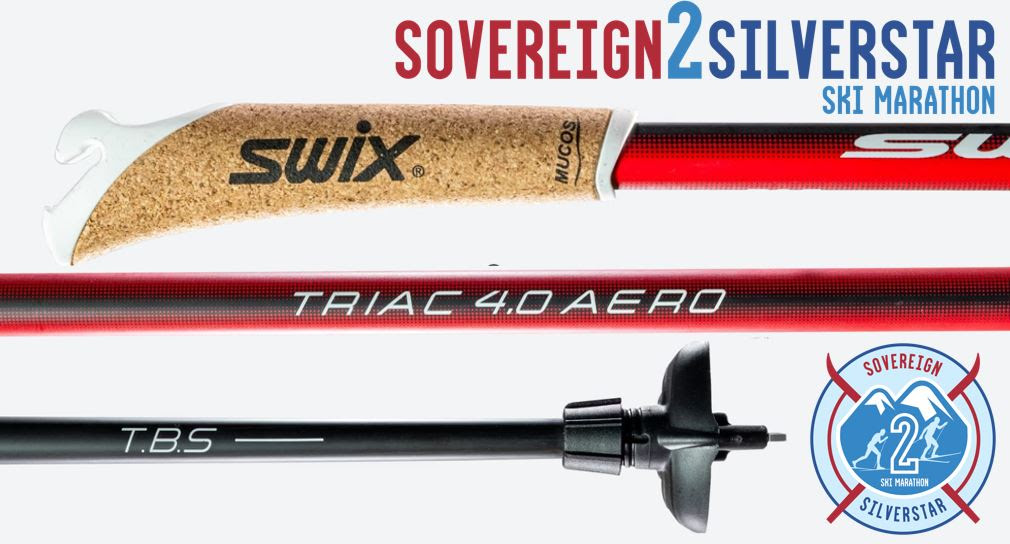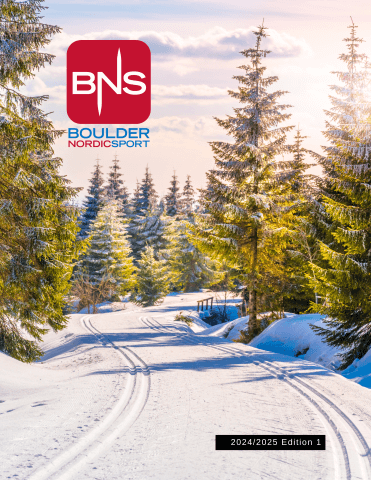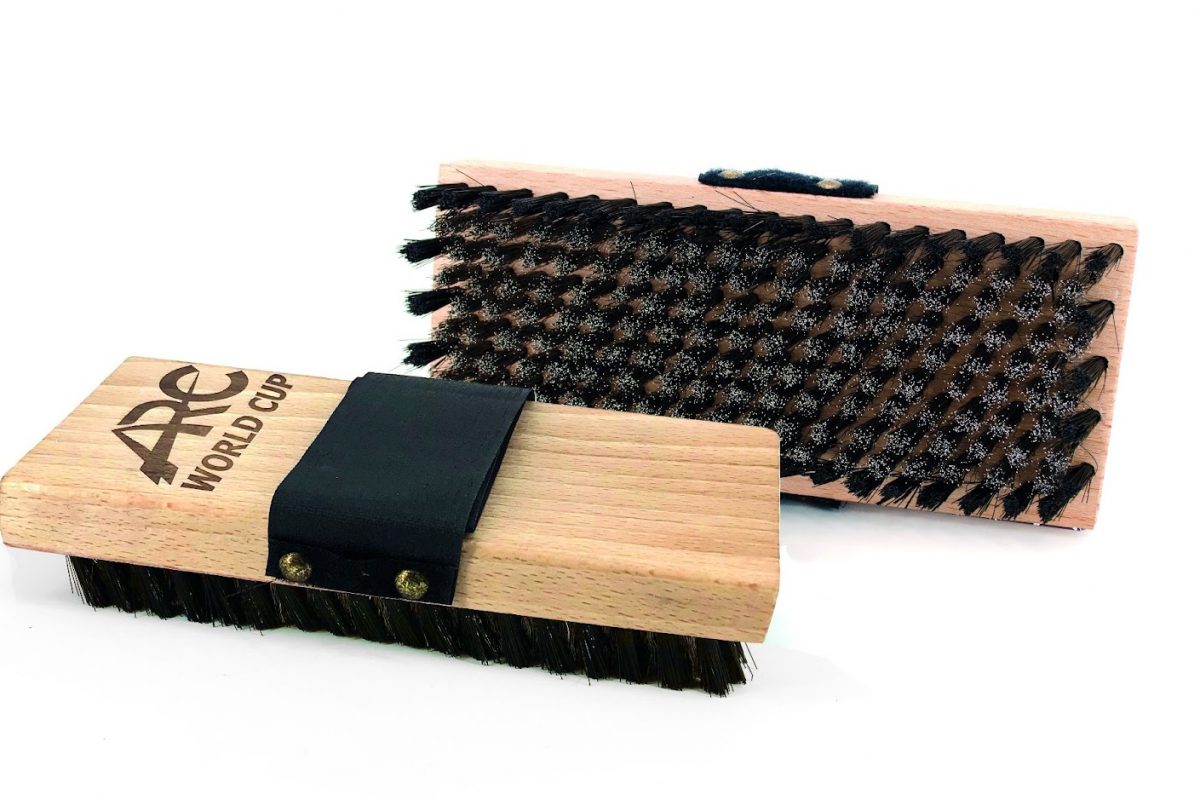I have to admit, this year was my sixth summer training in Vuokatti. I have already witnessed the tunnel, the food, the running and rollerskiing trails many times before as I set foot on Finnish soil two weeks ago. Perhaps what brings me back year after year however is the knowledge that each trip will be a distinctly different experience paired with a clearly predictable training schedule.
Every summer, the tunnel is refrigerated to a constant negative 4 degrees Celsius. At these conditions, almost any hard wax gives a perfect balance of kick and glide. The track is always crisp, and decent music livens up practice. The food menu is constructed with the athlete in mind, and the hotel is conveniently located around all training facilities. Even Sotkomo, the near-by town is athlete friendly, complete with bike paths, a supermarket and of course an Intersport store.
In June and July, the biggest constant in Vuokatti (apart from the never-setting sun) is the number of national teams training at the center. This year, the Russians, the Finns, the Kazaks, the Belarussians, the Czechs, and the Austrians all trained with us in the tunnel. Almost all of the world’s prominent ski teams will pass through Vuokatti to ski in the tunnel during these summer months.
After practices, all the teams eat in the same dining hall, and often intermingle during off days and rest periods. On one of the first nights we were at the training center, we decided to play volleyball but were a couple of players short. We recruited two people that happened to be walking past the court. During the game we discovered that they were Kazak national team members, one of whom, Maxim Odnodvortsev, was 8th and 12th in Torino, losing only 4 seconds to the winner in the pursuit and 11 seconds in the 50km. The other, Andrei Golovko was about equal in speed to Ivan Babikov. The two didn’t mind our complete lack of volleyball skill, or the fact that we were not a national team.
Andrei and Max regularly sat with us at dinner, sharing Olympic stories, dietary patterns, and simply chatting with us about life. Their coach does not allow them to play soccer for fear of injury, yet wearing a helmet while rollerskiing is completely unheard of. Either because of this friendship, or the fact that almost every national team coach in the world knows Alexei Sotskov (our coach and trip leader), I began to get pointers about technique from the Kazak and Russian coaches. I felt like a real skier when I would get barked at by one of the coaches dressed in a national team uniform.
All these teams travel and train separately, coming together like this only a few time during the off season. One of the only times they will see each other again will be the Dachstein Glacier in Austria, but that is much later; national teams are known to visit Dachstein only during the fall and early winter when they are not as much looking for training as for the high altitude component of the glacier. We were fortunate enough to ski next to many of the best skiers in the world, and to get pointers from even better coaches.
We made new friends, improved technique, and of course experienced what the Finnish culture had to offer. As I leave this country of lakes I am once again astonished how an ordinary ski camp can leave me with so many new experiences and great memories.
Pavel Sotskov is an Alumnus of Vermont Academy and current member of the Dartmouth College Ski Team.




